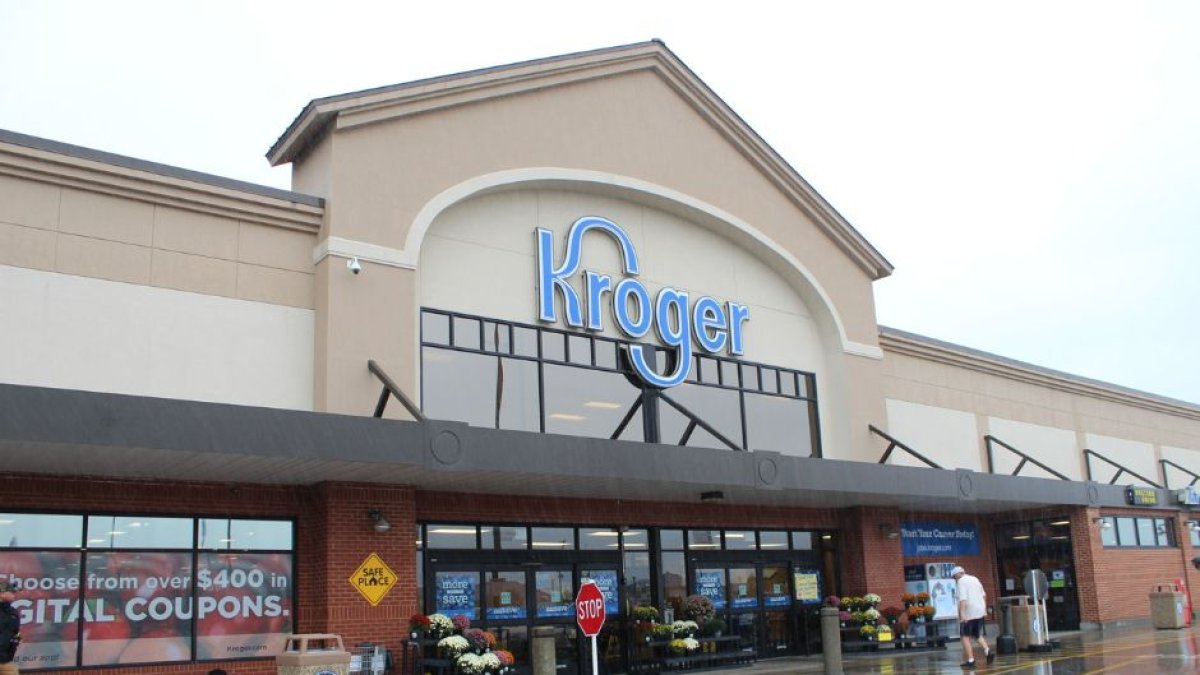Kentucky attorney general sues Kroger grocery stores for involvement in opioid crisis
Russell Coleman assured that the company's pharmacies sold more than 11% of all pills dispensed in the state between 2006 and 2019.

(Wikimedia Commons)
Kentucky Attorney General Russell Coleman sued the Kroger grocery store chain Monday for its role in the opioid crisis. As can be read in the lawsuit, the Republican assured that more than 100 pharmacies owned by the company sold more than 11% of all narcotic pills dispensed in the state between 2006 and 2019, maximizing the existing opioid crisis in Kentucky.
2024.02.12 As_Filed KY_Kroger Complaint by rosana.rabago on Scribd
The lawsuit, filed in Bullitt County Circuit Court in Shepherdsville, seeks civil penalties of $2,000 against the supermarket chain for each alleged willful violation of the Kentucky Consumer Protection Act.
Furthermore, according to the AP, the attorney general also accuses the company of purchasing more than 4 billion milligrams of morphine-equivalent opioids for Kentucky between 2006 and 2009, some 444 million doses. Along with this, Coleman claims that Kroger also distributed, in that same time period, nearly 194 million pills of hydrocodone to its pharmacies.
This, along with the more than 2,000 opioid deaths in the state recorded in 2022, led the attorney general to file a complaint against Kroger, which he announced on X:
Kroger did not warn about the increase in suspicious prescriptions in Kentucky
However, what is most concerning for the attorney general is not only that the chain sold the narcotics, but that it did not carry out any effective monitoring program whenever suspicious orders for opioids were detected.
According to Coleman in the lawsuit, despite some "red flags," Kroger did not issue any warnings about suspicious prescriptions in the state between 2007 and 2014, thus exacerbating the existing crisis in Kentucky:

























